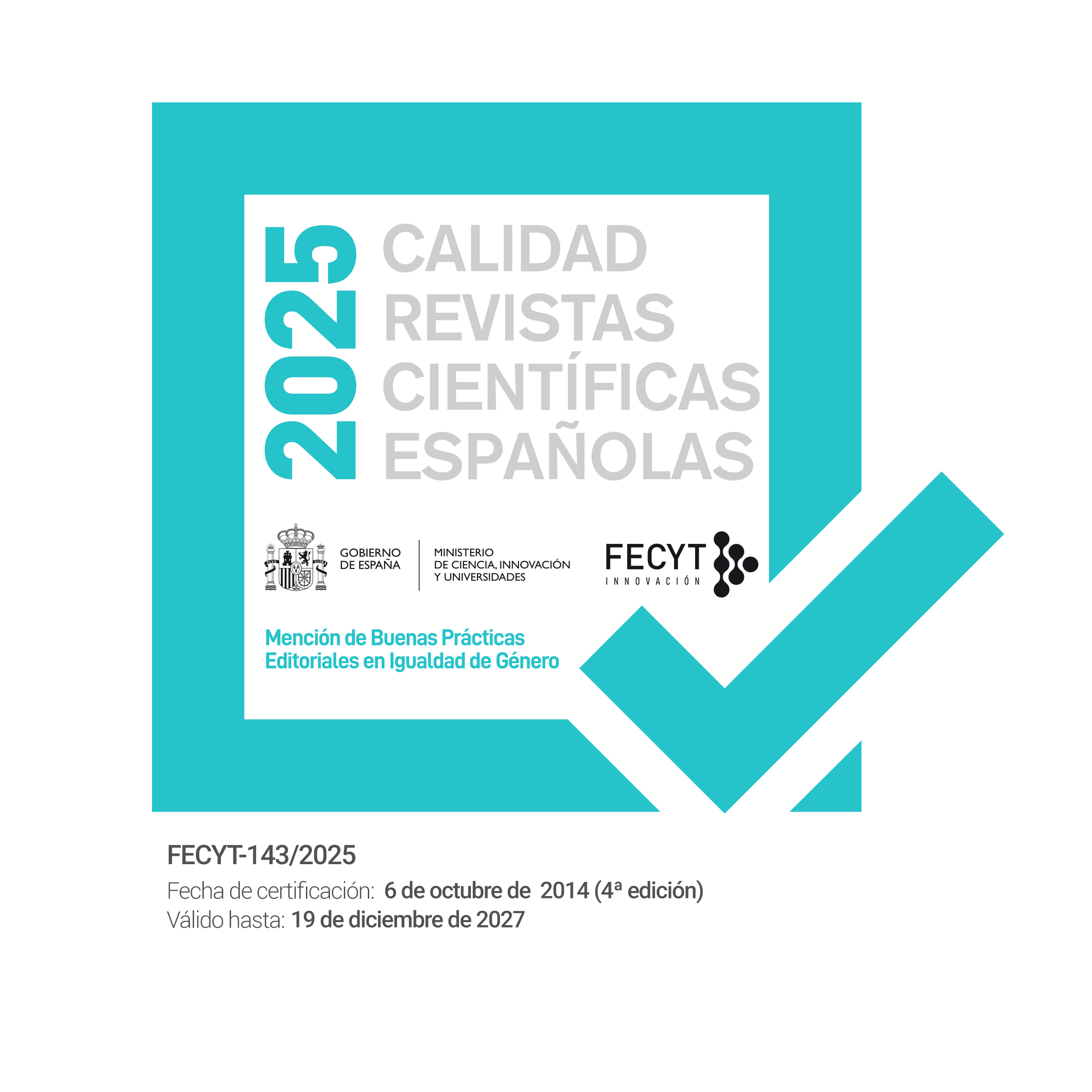THE POSSIBILITIES OF ELECTIVE BILINGUALISM IN BFLA: RAISING BILINGUAL CHILDREN IN MONOLINGUAL CONTEXTS
Keywords:
bilingualism, acquisition, children, non-nativeAbstract
“Elective bilingualism”, in broad terms, is defined as a characteristic of individuals who choose to learn a new language, but in more specific terms (when it is synonymous to “artificial bilingualism” and to “non-native bilingualism”), it refers to the linguistic choice of people who opt to speak what is a foreign language for them in a society where this language is not the community language. Combined with the OPOL (One Parent One Language) strategy, with both parents having the same mother language (L1) and at least one of them being proficient in a second language (L2), it offers families the possibility of rearing a bilingual child in monolingual contexts. Given the inherent advantages to children’s education and careers that could stem from elective bilingualism, it is worth dedicating a linguistic study to exploring its possibilities and limits in the field of Bilingual First Language Acquisition (BFLA). This study sought to ascertain whether a certain degree of simultaneous childhood bilingualism can be achieved in monolingual societies, and its findings are encouraging.Downloads
Downloads
Published
How to Cite
Issue
Section
License
El Grupo de Investigación “La lengua inglesa en el ámbito universitario” HUM-397 conserva los derechos de copyright de los artículos publicados y permite la reutilización de los mismos bajo licencia Creative Commons: Creative Commons Atribución-NoComercial-SinDerivar 4.0 Internacional: se pueden copiar, usar, difundir, transmitir y exponer públicamente los artículos mencionados, siempre que (a) se cite la autoría y la fuente original de su publicación, (b) no se usen para fines comerciales, (c) no se creen obras derivadas mediante su transformación, (d) se mencione la existencia y especificaciones de esta licencia de uso.








